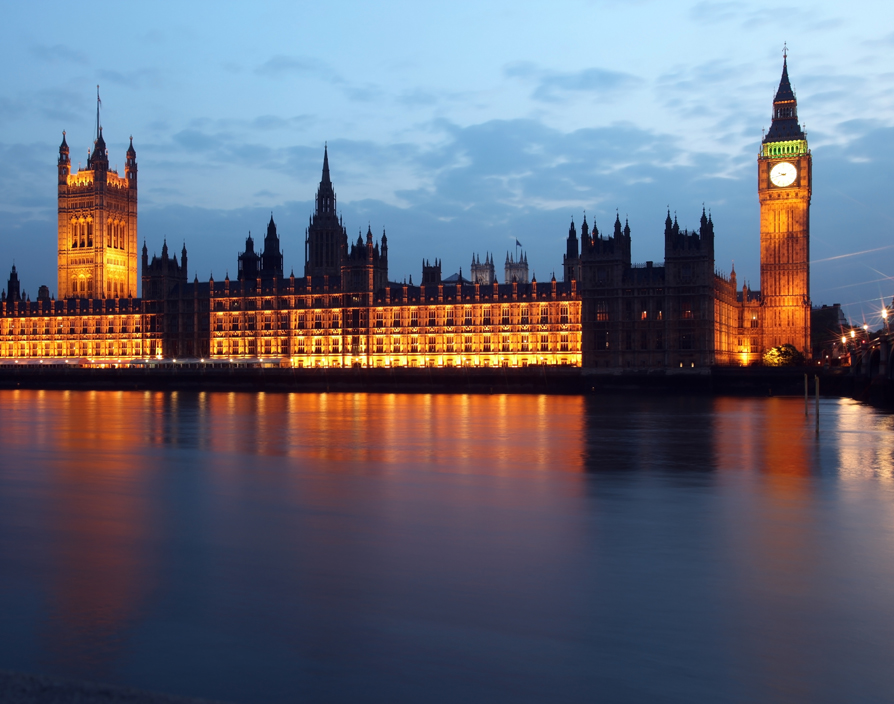The first Conservative budget in 20 years was undoubtedly the most important of George Osborne’s career. It was the chancellor’s first real chance to make his mark on the UK’s economic future, unfettered by the coalition with the Lib Dems. Inevitably, Osborne wanted to come out all guns blazing and ensure that the 2015 summer budget would be one to remember. Well, it’s probably time to hang the ‘mission accomplished’ banner.
Undeniably the big ticket item – and by far the biggest shock to the system – was the introduction of a living wage. “Britain deserves a pay rise and Britain is getting a pay rise,” Osborne pronounced when revealing the landmark policy. The living wage will entitle over-25s to £7.20 an hour as of next year, rising to £9 by 2020; whilst this might have some employers in a slight sweat, it will be balanced out by cuts to corporation tax, which will fall to 19% in 2017 and 18% in 2020. Osborne also promised a 50% increase in the employment allowance, entitling small businesses to £3,000 off their National Insurance contributions, which, according to the chancellor, will cover the cost of four new employees.
But, fiscally speaking, what goes up must come down and there can’t be spending without cuts. As many predicted, tax credits have received some serious trimming: working benefits are to be stripped from those who are not disabled and don’t have children. After April 2017, new applicants won’t be able to receive child tax credits for more than two children in most circumstances, although parents will receive 30 hours of free childcare for kids aged three to four. In addition, the benefits cap will be brought even lower; cut down to £23,000 in London and £20,000 for the rest of the UK.
On top of the cut to corporation tax, there have also been some other serious changes to taxation. The Tories managed to deliver something that has long been on their to-do list: the inheritance tax threshold is set to rise to £1m for married couples and civil partners. Meanwhile, the tax free personal allowance will rise from £10,600 to £11,000 next year, eventually hitting £12,500, whilst the 40p rate is set to rise to £42,385 this year, before reaching £43,000 next year. And, as announced shortly before the general election, the government will enshrine a lock on income tax, VAT and national insurance into law, meaning neither of these will increase for at least a year.
Additionally, after the pre-election hullabaloo around non-dom tax status, the government has announced non-dom status will now be non-inheritable and will be abolished for those who have spent more than 15 of the last 20 years in the UK. While this is still subject to consultation, it could have a significant bearing on a number of entrepreneurs residing on these shores.
Education and skills were another major focus of the summer budget, with the chancellor lambasting the “large companies [that] leave the training to others and take a free ride on the system”. Hoping to make offering apprenticeships more equitable for all involved, Osborne announced an apprenticeship levy on large firms so that those that train apprentices will draw out more money than they put in. He also announced that the government will be binning maintenance grants for university students, replacing them with loans to be paid back when their income hits £21,000.
Elsewhere, other announcements have also drawn lots of attention from entrepreneurs. Measures to stimulate the Northern Powerhouse will see power over certain services returned to local control in cities such as Manchester, Sheffield and Liverpool. Alongside this, the government will be rolling out a new round of enterprise zones in small towns. And last but not least, the chancellor announced that the annual investment allowance, the temporary tax break to stimulate business investment, will be made permanent and set at £200,000 from January 2016.
As demonstrated below, responses to the budget ranged from critical to cautiously optimistic.
Duncan Cheatle, founder of Prelude Group and The Supper Club, said:
“Businesses should be happy with this budget. Clearly some won’t be pleased with the increase in minimum wage but on balance I’m supportive of these announcements, particularly reduced corporation tax and improvement to the National Insurance allowance, the latter of which could encourage the almost 5 million micro-businesses in the UK to take the step to take on their first member of staff. On balance, the abolition of non-dom status is a smart move and it shouldn’t deter wealthy foreign entrepreneurs. The UK is still an attractive place to start and grow a business.”
Amy Christophers, CEO of EDS Sports, said:
“Britain’s entrepreneurs are a significant reason why the economic recovery isn’t a ‘jobless recovery’ but you wouldn’t know it from George Osborne’s budget speech today. As someone launching a media start-up, I’m a big supporter of SEIS but it would be vastly improved if entrepreneurs could invest in their own companies. Also, the £200,000 Annual Investment Allowance for ‘plant and machinery’ sounds great but it’s really a disguised cut from the current £500,000.”
Paul Lindley, founder of Ella’s Kitchen and Paddy’s Bathroom, said:
“Corporation tax cuts announced in today’s budget will really go some way to boosting business confidence and encouraging growth. The UK already provides optimum conditions for entrepreneurs to start and grow a business – this latest boost will only supercharge our start-up and scale-up growth, giving us a strong competitive advantage internationally.” ![]()
Share via:








































